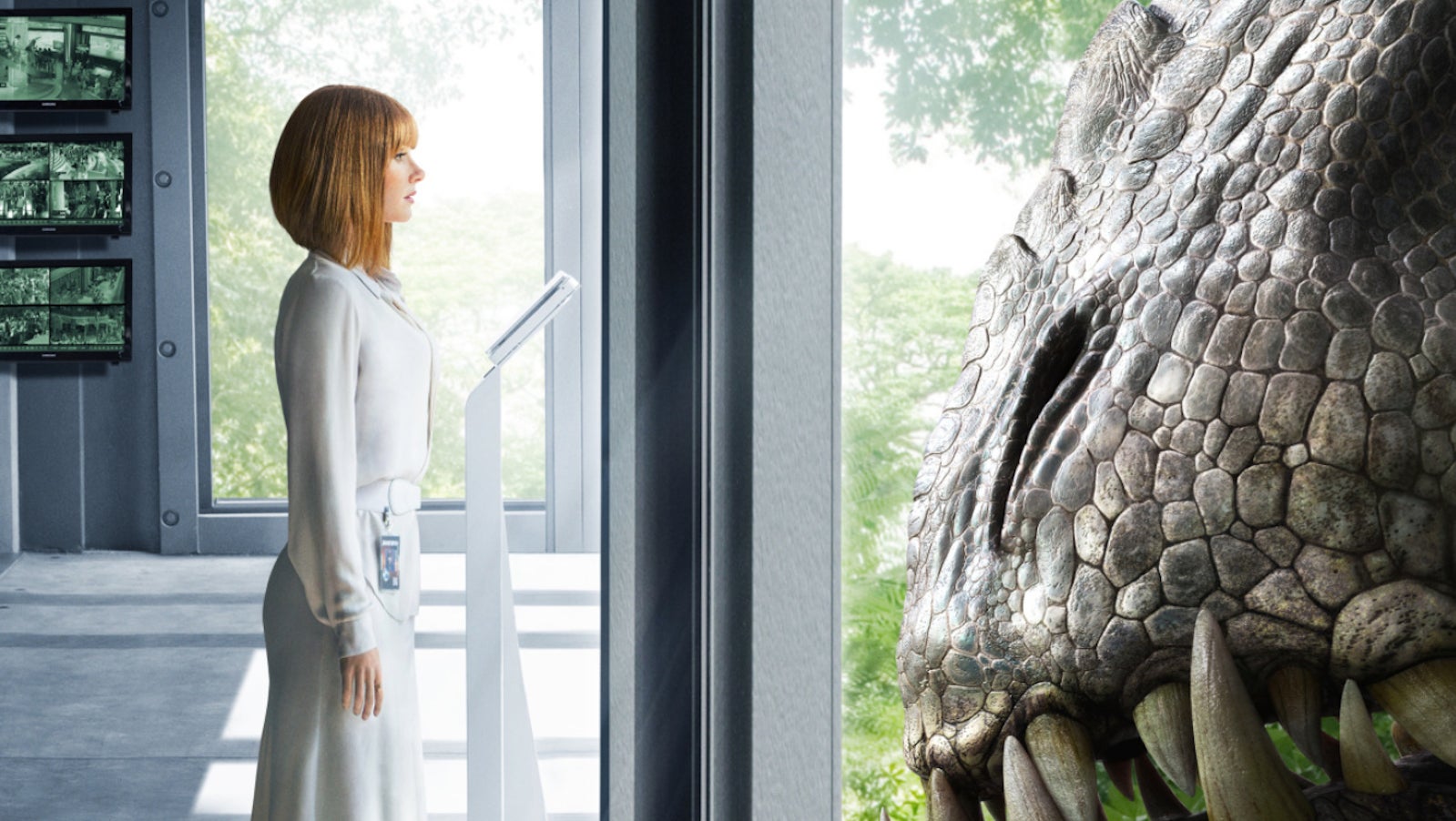“Jurassic World’s” prehistoric obsession with preserving traditional motherhood
Mary Shelley’s Frankenstein is generally remembered as a parable about the dangers of scientific progress, and the hubris of tampering with the natural order. It can also be viewed, arguably, as a warning against messing with gender roles. Dr. Frankenstein, a man, seeks to create life, as women do. In punishment, his bride is murdered on his wedding night. Men must be men and women must be women, according to the story—mess with that, and you get chaos and death.


Mary Shelley’s Frankenstein is generally remembered as a parable about the dangers of scientific progress, and the hubris of tampering with the natural order. It can also be viewed, arguably, as a warning against messing with gender roles. Dr. Frankenstein, a man, seeks to create life, as women do. In punishment, his bride is murdered on his wedding night. Men must be men and women must be women, according to the story—mess with that, and you get chaos and death.
Some centuries later, you’d think we’d be more comfortable with women in the workforce and dads changing the diapers. But prehistoric assumptions about gender roles aren’t so easy to shake, as Hollywood’s newest blockbuster Jurassic World makes clear.
The Frankenstein parallels in Jurassic World—which opened over the weekend to the record-breaking tune of $511 million worldwide—are explicit. The dinosaur theme park, in an effort to keep attracting visitors, has decided to create new, genetically enhanced dinosaurs never before seen on earth. As in Frankenstein, this dangerous tinkering with nature is linked to progressive gender roles.
The park’s operation manager, Claire (played by Bryce Dallas Howard) is a brittle control-freak who has no time for family or for maternal instincts. She is supposed to be watching her two nephews for a few days while they enjoy the park, but instead she foists the duty off on her assistant while she does her workaholic thing, which in this case means working to obtain sponsorships tied to the new genetically enhanced Indominus Rex. She is wedded to her job and will not be a mother—and so she creates monsters.
The female Indominus Rex is an abomination, and the film suggests that Claire is too, in her own way. Everyone in the movie, it seems, lines up to tell her what an awful person she is for being career-driven, their critiques presented as moral rebukes to Claire’s selfishness. Even the kids relentlessly guilt trip her, expressing a bizarre amount of disappointment and betrayal for people who haven’t actually seen Claire in years. How much emotional attachment can they have?
Perhaps most telling, though, is the fate of Zara (Katie McGrath), the assistant Claire assigns to watch her nephews. Of all the deaths in the film—the evil army jerks included—none is as spectacularly brutal and humiliating as Zara’s. An object of the nephews’ resentment and disaffection, Zara enables Claire to shirk her motherly duties and therefore deserves to be punished. In the film, career women are sinful; to expiate that sin, some die brutally. Since Claire is the lead, Jurassic World‘s writers kill off Zara as a substitute.
This need to re-establish and re-affirm the “natural” order of things is also implicit in the relationship between Claire and her romantic interest, swaggering manly-man and former Navy Seal Owen Grady (Chris Pratt).
In the first scene between the two, Owen mocks Clair for being overly professional, and basically tells her he doesn’t want to date her because she’s an uptight businesswoman. She’s also his boss, which makes him uncomfortable.
Fortunately for him, Owen gets to spend the rest of the film turning the tables on her. As far as fighting dinosaurs goes, he’s the one with authority. It’s significant that they first kiss after Claire saves his life with a barrage of bullets. This is in part to establish her as a strong female character. But it also shows her embracing the logic of “kill or be killed “as a prelude to embracing Owen and the traditional romance plot. Atavistic action paves the way for atavistic gender roles.
Other female characters in the film also function as object lessons. Claire’s sister is contemplating divorce at the beginning of the film. This disorder in the home is hyperbolically projected onto the test-tube baby Indominus Rex, who is especially dangerous because it lacks parents, according to Owen. Defenders of the traditional family can breathe a sigh of relief however after Indominus meets its fate, and Claire and Owen reassert heterosexual gender relationships. “What do we do now?” the formerly super-organized Claire asks at the film’s end. “Probably stick together for survival,” Owen tells her manfully.
The modern world is scary and chaotic, Jurassic World tells us, especially when women don’t stay in their place. Luckily, we have action movies to ritually reassert the old ways. All of that old DNA from the dim dark past rises up to domesticate Claire. Jurassic World—and Hollywood directors—still fear Frankenstein’s monster, and dream of an exciting, yet predictably gendered past.